Hubbard Conference on Law & Education: National Webinar
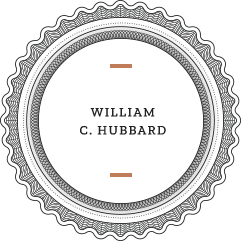
The American Bar Foundation invites you to join a free one-hour virtual webinar: |
Democracy at Risk: Can Understanding Our Past Protect Our Future? |
Tuesday, March 19, 2024
Virtual
11:00 am ET / 10:00 am CT / 9:00 am MT / 8:00 am PT
Join us for a provocative discussion about the role of education and critical thinking in safeguarding democracy. With our constitution and democratic principles at risk, we bring together three prominent voices to discuss how we might take lessons from history to guard against further peril. This event was inspired by a powerful op-ed written by LA Times columnist Nicholas Goldberg, who will be joined by political scientist Margaret Levi and constitutional scholar Tom Ginsburg. Moderated by Dean William C. Hubbard, and featuring introductory remarks from Bill Neukom, the conversation will explore what we can do now to shape the future of democracy. We invite you to participate with your questions and comments.
This webinar is a production of the William Hubbard Conferences on Law & Education. For more information about the Hubbard Conferences and to donate to the endowment supporting them, visit the William C. Hubbard Law & Education Conference Endowment page.
View a Recording of the Webinar Here:
Featuring:
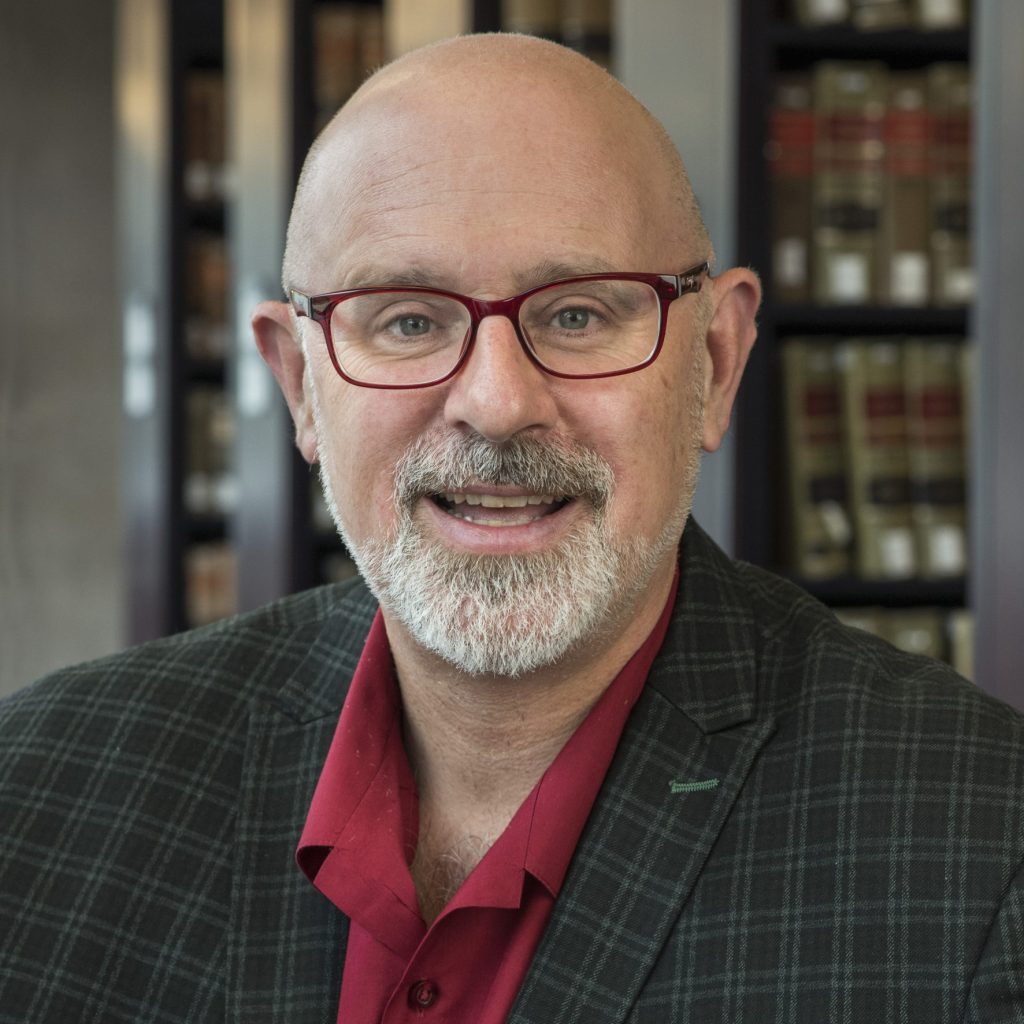
His latest book is Democracies and International Law. Earlier books include Judicial Review in New Democracies, which won the C. Herman Pritchett Award from the American Political Science Association; The Endurance of National Constitutions, which also won a best book prize from APSA; Judicial Reputation; and How to Save a Constitutional Democracy, with coauthor Aziz Z. Huq, winner of the best book prize from the International Society for Constitutional Law. He has edited or coedited twenty-five other books.
He has served as a Visiting Professor at the University of Tokyo, Kyushu University, Seoul National University, the Interdisciplinary Center Herzliya, Harvard University, the University of Pennsylvania, and the University of Trento. Before teaching, he served as a legal advisor at the Iran-U.S. Claims Tribunal, The Hague, Netherlands, and he has consulted with numerous international development agencies and governments on legal and constitutional reform.
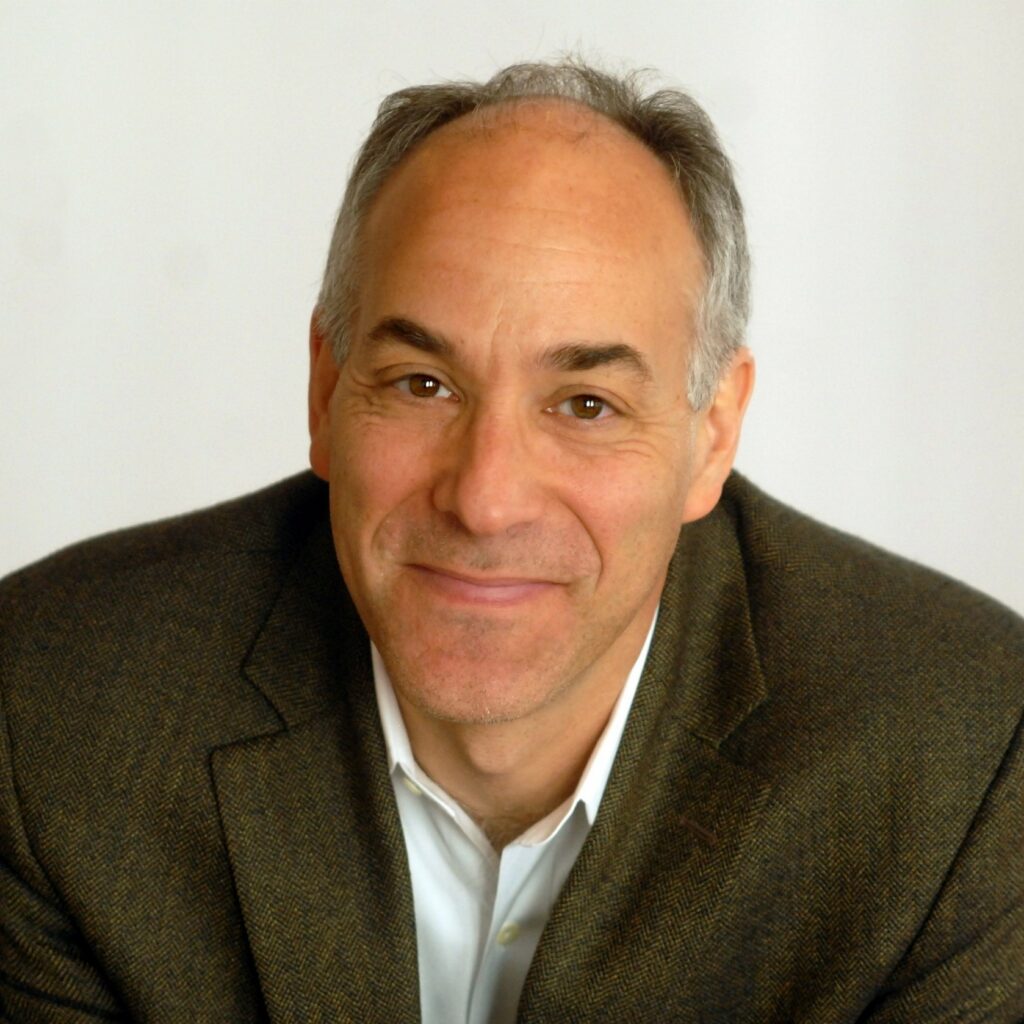
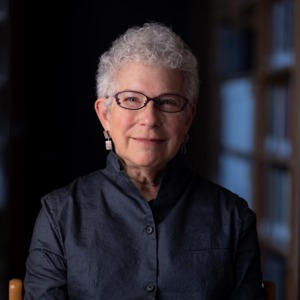
Levi authored or coauthored numerous articles and books, including: Of Rule and Revenue (1988); Consent, Dissent, and Patriotism (1997); Analytic Narratives (1998); Cooperation Without Trust? (2005); In the Interest of Others (2013); A Moral Political Economy (2021). She co-edited Creating a New Moral Political Economy for Daedalus (2023). She is co-general editor of the Annual Review of Political Science. Levi and her husband, Robert Kaplan, collect Australian Aboriginal art and have gifted pieces to the Seattle, Metropolitan, and Nevada Museums of Art.
Moderated by:
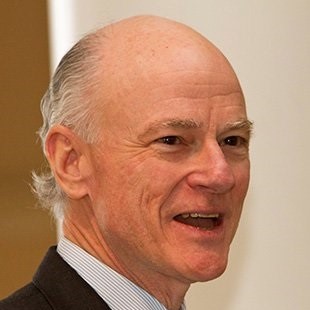
Hubbard is co-founder and chair of the board of the World Justice Project, a multinational, multidisciplinary initiative to strengthen the rule of law worldwide.
In 2023, Hubbard was elected as a Fellow of the American Academy of Arts and Sciences. He is a Fellow of the American College of Trial Lawyers. He is a member of the Council of the American Law Institute (emeritus), as well as the Leaders Council of the Legal Services Corporation. He is an Honorary Master of the Bench of Middle Temple in London.
In 2002, Hubbard was presented the Order of the Palmetto, the highest civilian award presented by a South Carolina governor. In 2007, he received the American Inns of Court Professionalism Award for the United States Court of Appeals, Fourth Circuit. In 2016, the Burton Foundation, in collaboration with the Library of Congress, named Hubbard the recipient of its inaugural “Leadership in Law” award.
Hubbard served on the Board of Trustees of the University of South Carolina from 1986–2020 and served as chairman of the board from 1996–2000. In 2009, he received the university’s Distinguished Alumni Award. In 2010, the university awarded him its highest recognition, the Honorary Doctor of Laws. He earned a Juris Doctor and a Bachelor of Arts from the University of South Carolina. After law school, Hubbard was law clerk to U.S. District Judge Robert F. Chapman. He is a former partner with Nelson Mullins Riley & Scarborough LLP in Columbia, SC.
Introductory Remarks From:
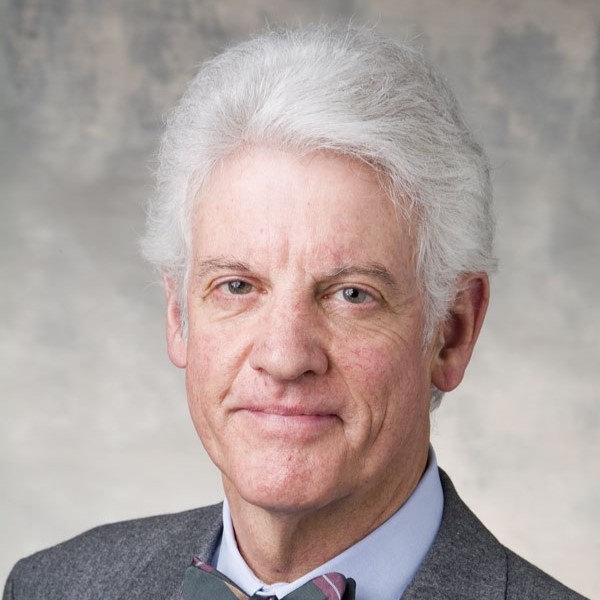
Bill was the lead lawyer for Microsoft for nearly 25 years, managing its legal, government and industry affairs, and philanthropic activities. He retired from Microsoft as its executive vice president of law and corporate affairs in 2002, and returned to his law firm and served as its chair from 2003 to 2007. He was president of the American Bar Association from 2007 to 2008 and received the ABA Medal in 2020. He was the chief executive office of the San Francisco Giants baseball team from 2008 to 2011. He joined the board of directors of Fortinet, Inc. in 2013 and currently serves as its lead independent director.
He is a trustee emeritus of University of Puget Sound and Dartmouth College, where he served as chair of the board from 2004 to 2007. He is a member of the Dean’s Advisory Council at Stanford Law School and served as its chair from 2012 – 2015. He is chair of the External Advisory Board of the Population Health Initiative at the University of Washington.
He earned his A.B. from Dartmouth College and his LL.B. from Stanford University and has honorary degrees from Dartmouth College, Gonzaga University, the University of Puget Sound, and the University of South Carolina.
In 1995, Bill and his children founded the Neukom Family Foundation, which supports nonprofit organizations in the fields of education, the environment, health, human services, and justice.
He and his wife, Sally, live in Seattle and together have five children and sixteen grandchildren.

